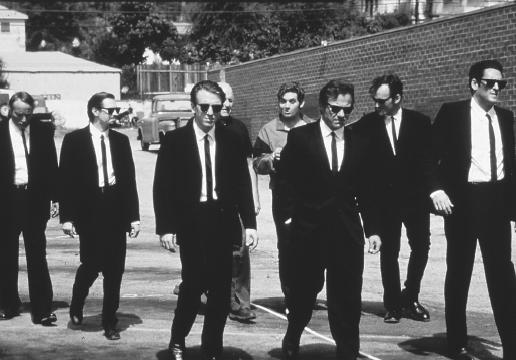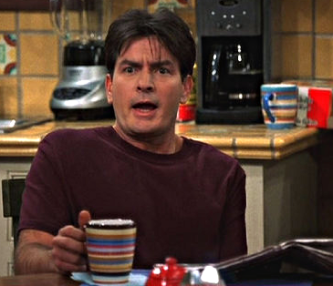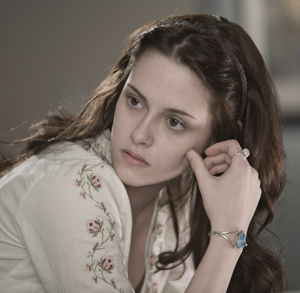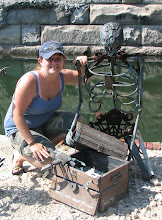I think Fight Club is one of those movies that you can appreciate more the second time around. It was so complex and full of underlying messages that it’s almost impossible to catch it all the first time you see it. That’s why I can’t wait to see it again when I actually have the free time to fully appreciate the story and the characters.
In a lot of ways it reminded me of Stephen King’s movie Secret Window based on his short
 story, “Secret Window, Secret Garden.” In the movie Johnny Depp portrays Mort Rainey, a writer who is more messed up than he or the viewers really think he is. He seems innocent enough, and you feel sorry for him once you realize the hell his wife put him through by cheating on him. But thorugh all of the unexpected twists and turns of the story you realize he’s anything but innocent. Mort likes to kill people and bury them in his garden. He may or may not actually have two different personalities in his head, but he certainly has two separate lives he leads. His mentally deranged character reminded me a lot of Tyler Durden. To everyone around him he seems calm and collected, maybe a little spacey, but overall he’s got life under control. He doesn’t let anything tie him down, and he’s always got some grand idea floating around in his head. But under the smooth exterior both men were full of secrets and ulterior motives.
story, “Secret Window, Secret Garden.” In the movie Johnny Depp portrays Mort Rainey, a writer who is more messed up than he or the viewers really think he is. He seems innocent enough, and you feel sorry for him once you realize the hell his wife put him through by cheating on him. But thorugh all of the unexpected twists and turns of the story you realize he’s anything but innocent. Mort likes to kill people and bury them in his garden. He may or may not actually have two different personalities in his head, but he certainly has two separate lives he leads. His mentally deranged character reminded me a lot of Tyler Durden. To everyone around him he seems calm and collected, maybe a little spacey, but overall he’s got life under control. He doesn’t let anything tie him down, and he’s always got some grand idea floating around in his head. But under the smooth exterior both men were full of secrets and ulterior motives.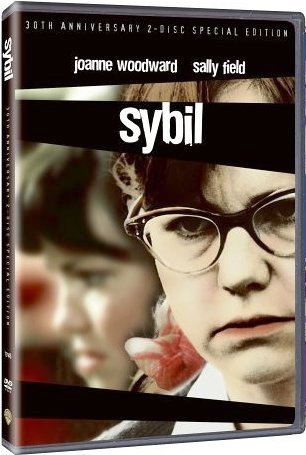
This idea of multiple personalities and lives we see presented by Tyler Durden and Mort Rainey reminded me a lot of one of an old, incredibly long movie called Sybil. Sally Field played one of her best roles in this movie. She played a young woman who was completely unaware that she had at least 13 different personalities, each unaware of all the others. Much like the narrator in Fight Club, her mind had created these personalities to escape her harsh reality. She wasn’t trying to change the world though; she just wanted to escape a horrible childhood. Really Sybil doesn’t have a lot in common with Fight Club as far as style or even “cool” goes, but if the narrator’s alter ego interested you, then you should look into Sybil. It’s a 70s made-for-TV movie, but it’s based on a true story and it’s incredibly fascinating.
On a different note, class has now come to an end. We’ve seen many films and many types of cool over the few short months we’ve been together, and I’m sure everyone has their own favorite. For me, I think Fight Club was easily the coolest movie we watched. I love tricky plots and complex characters, and this movie was full of that sort of action and mystery. There were others I really enjoyed as—Jules et Jim, Casablanca, and even RoboCop once I got past the inhumanity of it. Each of these movies left us with a different perspective on what’s cool and what’s not, and in the end, I’m not sure there was ever a consensus reached about what really defines cool. I think more than anything I’ve learned that cool is simply subjective. It holds a unique meaning to each person, place, and time, so there’s no way you can quantify it. Thankfully we’ve got the movies to turn to if we ever need a refresher course on the history of cool.

